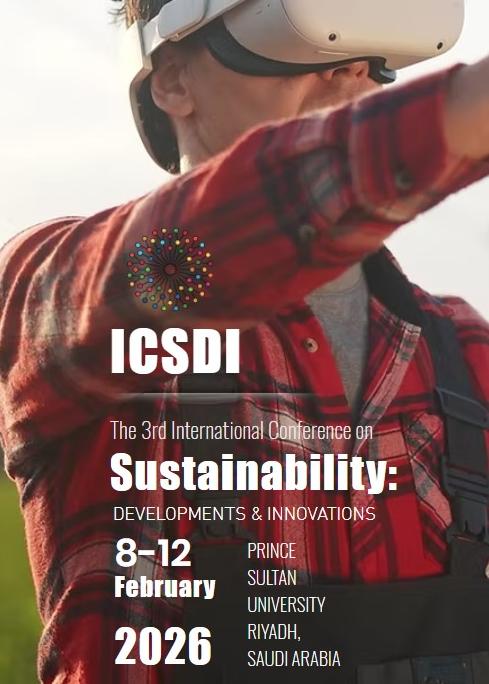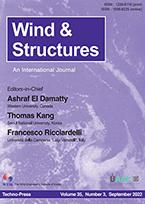Rotura – Journal of Communication, Culture, and Arts
Rotura
- URL: https://publicacoes.ciac.pt/index.php/rotura/chamadas-de-trabalhos
- Call For Paper Type: Regular
- H2 Index: 0
- Submission Date: 2025-01-31
- Final Version Date: 2025-04-30
Humanities, Literature & Arts (General) Crafts, Design & Arts Communication
The new social and citizen communication models of the digital age are characterised by a society that is close to immediacy, fragility and easy access to information, but also imbued with humanising values, challenges and projects. Digital media are considered a social and cultural product inherent to the human being. In this context, education becomes the necessary pillar for understanding and reflecting on their influence on the personal and interpersonal development of each individual. It is therefore necessary to train citizens with the skills, competences and abilities needed to be critical and active in the face of digital realities. In this sense, educational institutions (schools, colleges, universities...) must commit to the challenge of educating in an ethical, responsible and committed manner.
In the same vein, the preservation of universal values such as freedom is considered to be analysed and defended by various organisations, such as the Universal Declaration of Human Rights of December 1948, which states that everyone has the right to full development and the strengthening of respect for human rights and freedoms (art. 26). Furthermore, UNESCO in 1960 and the Convention for the Protection of Human Rights and Fundamental Freedoms, adopted in Rome on 4 November 1950, allude to the need to support certain human rights and fundamental freedoms.
Descriptors
- Democratic citizenship through educommunication.
- Digital media for the promotion of human rights and the SDGs.
- Human rights, universal values and (de)mediatisation.
- Media education through pedagogical and ethical strategies in teaching-learning processes.
- The impact of digital culture in promoting inclusion and diversity.
- Challenges of the hypermedia society: human rights, values, critical digital citizenship and the SDGs.
Research Questions
- How can digital media be used as instruments to promote and protect human rights in contemporary society?
- What are the main challenges facing media education in addressing human rights, citizenship in the digital context and the SDGs?
- What pedagogical and ethical strategies are most effective for teaching students to critically analyse digital information and promote universal values?
- How can public policies and regulations contribute to ensuring a digital environment that respects human rights and promotes active citizenship?
- What measures can educators adopt to promote inclusion and diversity in digital environments, and how can these practices strengthen digital citizenship and the promotion of the 2030 Agenda?
- What models of collaboration between educational institutions, civil society organisations and private companies can improve media education and its relationship with human rights?
Rotura is indexed on RCAAP, DOAJ, Scielo, Google Scholar, Latindex, ERIHPLUS, SUDOC, ROAD, Jisc, INDEXAR, Scopus, and Elsevier.














